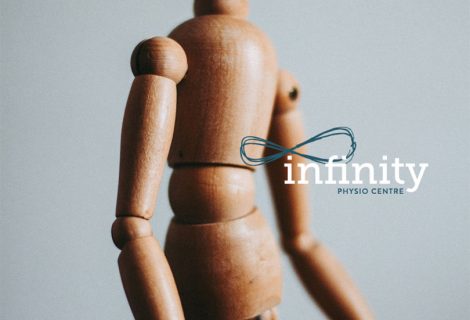What is a Concussion? And How Can Physiotherapy Help?
What is a Concussion?
A concussion is an injury to the brain caused by either a direct blow, or fast movement of your head and neck (acceleration/decceleration).
Concussions can occur from falls, from getting hit in the head or from a whiplash injury.
Did you know can have a concussion without losing consciousness? In fact, many people don’t!
Physiotherapists can help you to understand the factors underlying your concussion, how to optimize your recovery, and help prevent future injuries to your brain.
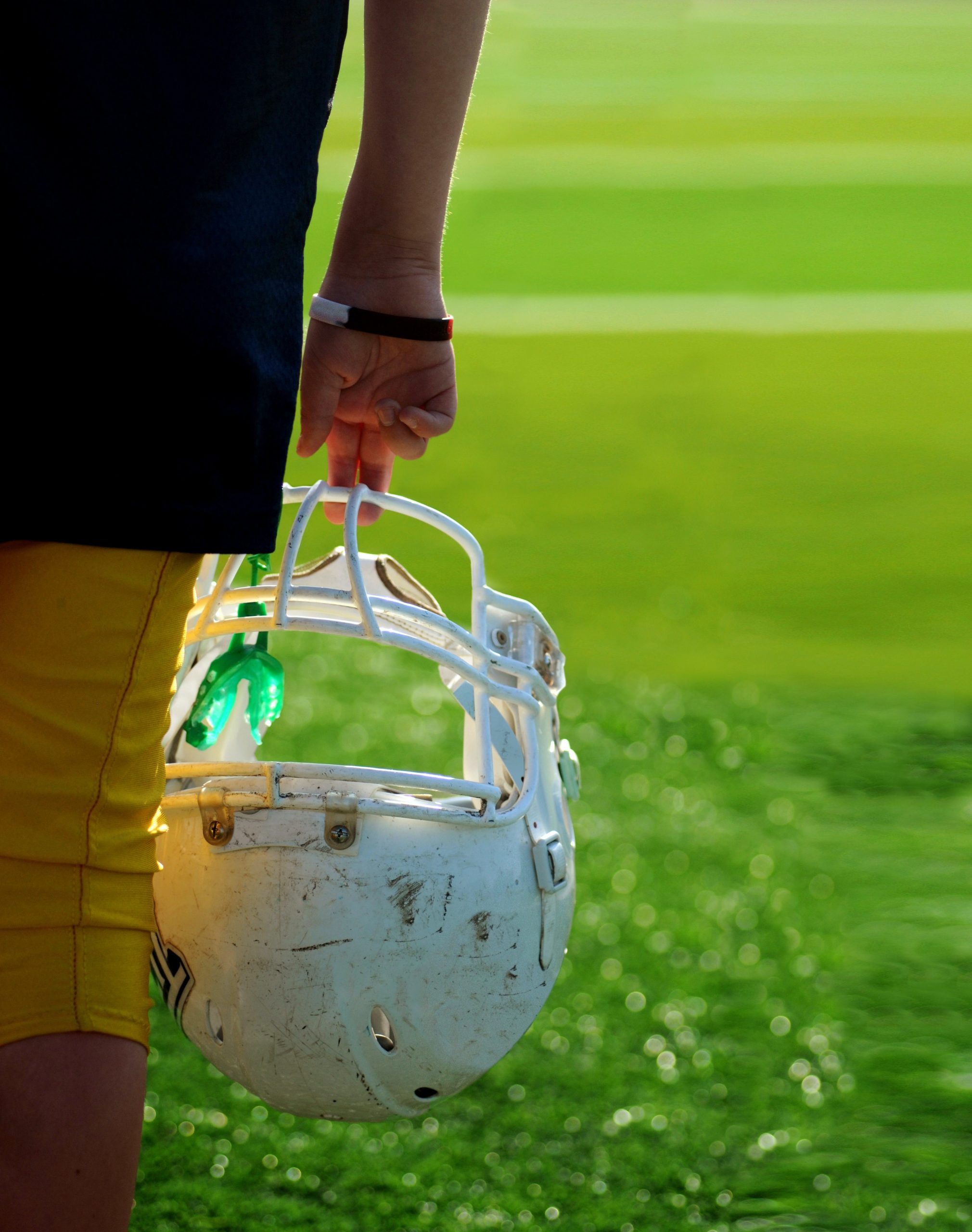
How do you know you’ve had a concussion?
You’ve likely experienced a concussion if you’ve had one of the following mechanisms of injury:
- a blow to your head
- fast movement of your head and neck (acceleration/deceleration)
- a fall
AND you’re experiencing one or more of the following symptoms:
- Headache
- Dizziness
- Fatigue
- Disrupted Sleep
- Neck Pain
- Pressure in the Head
- Sensitivity to Light or Noise
- Nausea or Vomiting
- Blurred Vision
- Difficulty with Balance
- Feeling mentally “Foggy”
- Difficulty Concentrating or Remembering
- Feeling Nervous or Anxious
These signs and symptoms are NOT unique to concussion, and in fact overlap with common symptoms of a neck injury or lack of sleep.
If you have had a mechanism of concussion injury AND symptoms, is important to see a concussion specialist to determine the most efficient path to recovery.
At Infinity, we have physiotherapists trained in concussion assessment and treatment to identify the source of your symptoms and to get you back to your active lifestyle. We will work with your family doctor to make sure you have all the supports you need.
What Should You Do If You Think You’ve Had A Concussion?
If you are playing in a game, or skiing on the hill…STOP!
It is important you stop any activity after a suspected concussion, this might look like a toboggan ride down if you’ve been skiing!
REST for the initial 24-48 hours following a concussion, stop activity and avoid any strenuous activity.
REST does not mean you have to stay in a dark room, but do limit stimulation, especially from screens.
You also do not need to be woken up every hour, sleep is very helpful in recovering from a concussion. Sleep as much as you need.
After the initial 48 hours, however, current research supports slowly and progressively returning to activity as long as you stay below the threshold of increasing your symptoms.
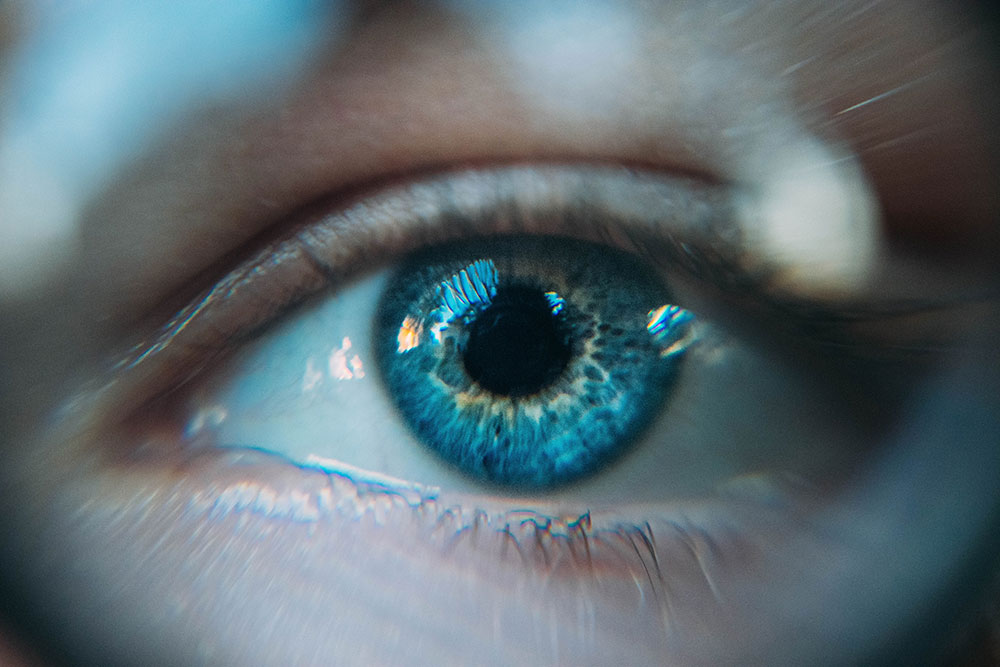
Following a blow to the head or acceleration/deceleration injury, seek immediate medical attention if you have any of the following:
- Difficulty recognizing people or places
- A worsening headache
- A period of not remembering, or inability to recall the event
- Feel dazed or confused
- Repeated vomiting
- Feel excessive drowsiness or slowness
- Seizures
If you are in doubt, err on the side of caution and go see a doctor.
What Should I Expect from Assessment and Treatment for Concussion at Infinity?
At your first appointment, we’ll do an assessment to determine where you’re having trouble recovering from your conussion. This will include a history of your injury and symptoms, a vestibular exam, a balance assessment, a visual exam and a look at head and and neck motion.
We will then explain the brain and body changes behind concussion and develop individual treatments to help you manage your symptoms.
After determining which systems are most affected, we will give you exercises and management strategies to help you along your recovery journey.

Pacing is the key to recovery. If you push too hard, your brain will become overwhelmed and you will feel worsening symptoms.
If you don’t do enough, your brain will not be able to rise to the challenges of living as you used to live, and you will feel stuck in your symptoms.
At Infinity, we can help you strike the right balance between doing enough, without doing too much so you can take control of your symptoms and live your day.
Our goals are to guide you in your recovery to improve your energy levels, get you feeling better and return to your activities.
How Long Will It Take To Recover From A Concussion?
Most people are back to their normal life within 1-4 weeks. A small percentage of people, however, have long-term problems resulting from concussion.
It is important to see a concussion specialist for help and advice from the start to address dysfunctions resulting from the concussion and to quicken your recovery.
Have you had a concussion and are still experiencing symptoms?
Our physiotherapists can help! Book an appointment with us here or call the clinic at 250-362-7333 to get started on your path to health and well-being. We’re here to help you get back to doing what you love!
FAQ
Try listening to music or podcasts, go for short easy walks, sit outside, have a short phone call with a friend.
After the initial 24-48 ours of rest, the goal of recovery is not to keep you from living your life, but to slowly reintroduce you into your life staying below the threshold for stimulating your concussion symptoms.
Introduce activity back into your life slowly and progressively being sure to stay below the level of bringing on your symptoms.
Up to 90% of concussions involve some type of difficulty with reading. Do not push through headaches and fatigue brought on by reading. Stop. Try listening to a podcast instead and seek help if the headaches and fatigue with reading persist past the first couple of days.
Yes, it is not uncommon to have difficulty regulating your emotions, to feel irritable and sad following a concussion. It is often hard to understand what is happening to you because, unlike a broken leg, a concussion is an injury you cannot see. Talking with someone can be very helpful in navigating these emotions.
